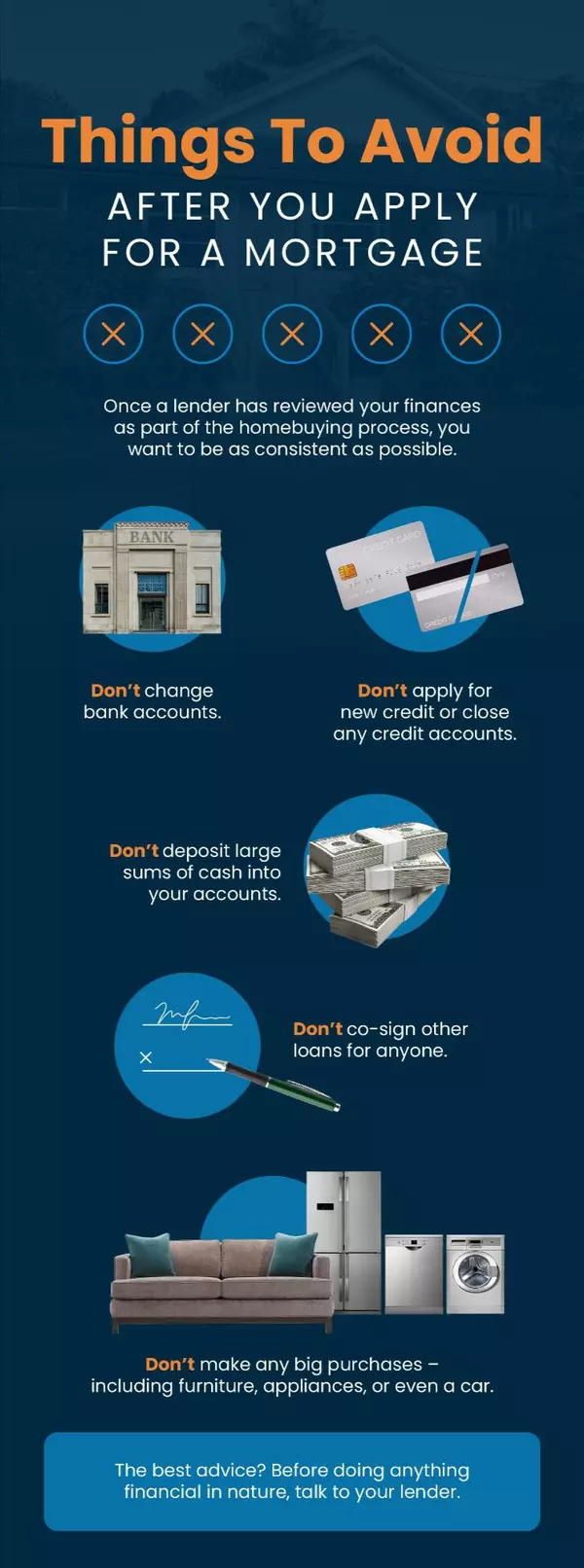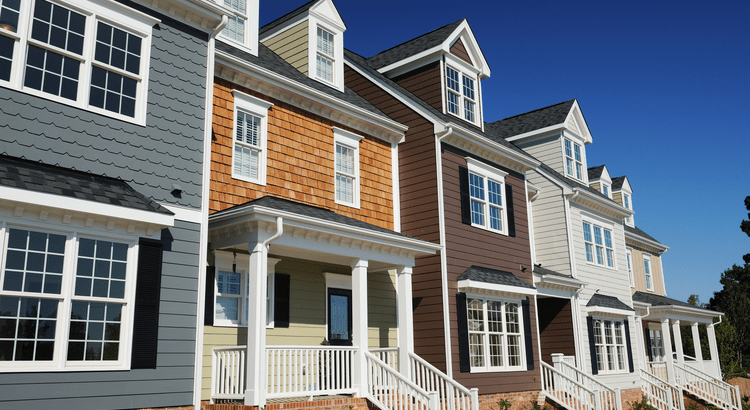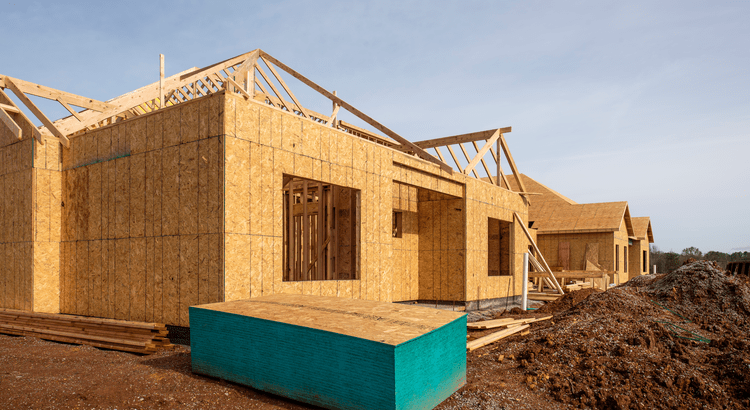
House Hunting Just Got Easier – Here’s Why
House Hunting Just Got Easier – Here’s Why If you've been discouraged by the scarcity of available homes in recent years, there's encouraging news that might prompt you to restart your home search. You now have more options available. As Daryl Fairweather, Chief Economist at Redfin, elaborates: “No

Things To Avoid After You Apply for a Mortgage
Things To Avoid After You Apply for a Mortgage Once your finances have been reviewed by a lender in the homebuying process, it's crucial to maintain consistency to avoid jeopardizing your mortgage application. Here are some essential tips: Avoid switching bank accounts, refrain from applying for ne

The #1 Thing Sellers Need To Know About Their Asking Price
The #1 Thing Sellers Need To Know About Their Asking Price When you list your house for sale, the usual aim is to sell it swiftly and at the highest possible price. However, many sellers currently have unrealistic expectations, unaware that the market dynamics have changed as inventory has increase

Townhomes: A Smart Solution for Today’s First-Time Buyers
Townhomes: A Smart Solution for Today’s First-Time Buyers Navigating the current housing market as a first-time homebuyer can be daunting, especially with rising property prices and mortgage rates. Many individuals are finding a workaround by opting for less living space to make homeownership more
Categories
Recent Posts









